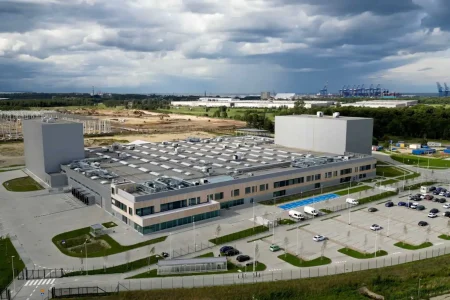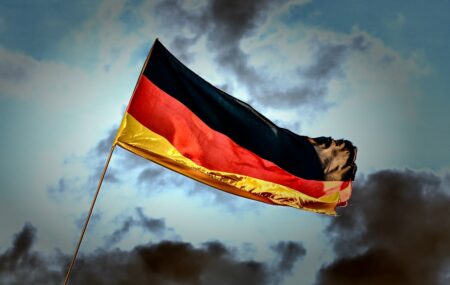Fraunhofer IKTS has integrated the Circular Carbon Technologies KKT research group from Freiberg. The institute hopes to achieve this in order to take advantage of further electrolysis, hydrogen, and power-to-X technology synergies and to create sustainable carbon sources for the circular economy.
Numerous items we use every day use carbon as a vital raw ingredient. Crude oil, natural gas, and coal have been the main suppliers of raw materials for industry up to this point. Both when these raw materials are produced and when they are burned when the product reaches the end of its useful life, significant amounts of CO2 are generated. Around 47 million metric tons of this carbon-containing garbage are burned annually in thermal waste treatment and combustion facilities in Germany alone. Up to 100% of this trash may one day be recovered and utilised in new goods thanks to carefully planned chemical recycling process combinations. As a result, waste will turn into a priceless supply of raw materials, such as feedstocks for the chemical sector.
Chemical recycling procedures like pyrolysis and gasification are improved and put to the test on an industrial scale at the new facility in Freiberg. Biomasses, mixed fossil waste, and plastics that cannot be mechanically recycled further are all broken down into smaller molecules in order to be employed in the chemical industry as synthesis gases, monomers, or other intermediate products. In order to explore various challenges, the researchers at the location run a pyrolysis platform and gasification facilities in collaboration with the TU Bergakademie Freiberg. Which waste fractions can be turned into which types of basic materials? How must the procedures be carried out to prevent corrosion or caking or to ensure a specific level of product purity? Finally, there’s the issue of economic effectiveness. In order to close carbon cycles for industrial partners, numerous technologies can be adopted, assessed, and converted into customer-specific solutions.
High efficiency can be attained as well as higher-value products like synthetic kerosene if the aforementioned recycling methods are combined with electrochemical conversion processes like high-temperature electrolysis or synthesis processes like Fischer-Tropsch synthesis.
Only when material, energy, and heat flows are coupled together do process conceptions emerge that significantly outperform earlier methods.








